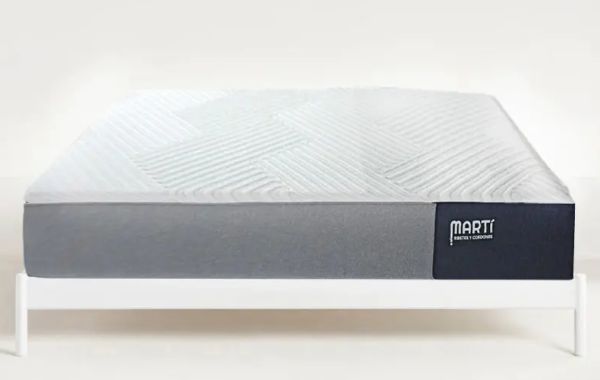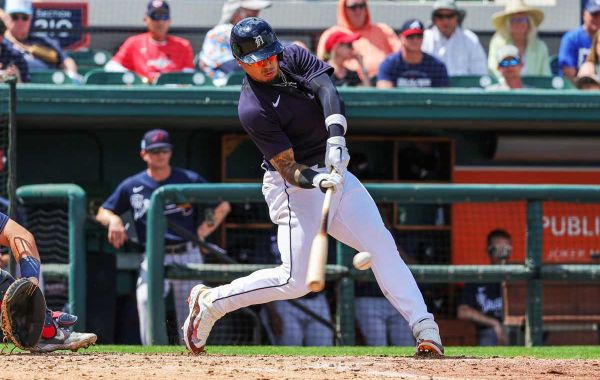The manufacturing process of knitted mattress fabric involves several steps to create a high-quality, stretchy, and durable material suitable for mattress covers and encasements. Here's an overview of the key stages in the production process:
Yarn Selection: The process begins with the selection of yarns that will be used to create the knitted fabric. Manufacturers may choose from a variety of yarn materials, including cotton, polyester, bamboo, or blends, depending on the desired characteristics of the final fabric.
Knitting: Once the yarns have been selected, they are loaded onto knitting machines equipped with multiple needles. The knitting machines interlock the yarns to create a continuous looped fabric structure. The knitting process allows for the creation of stretchy and flexible fabric with a uniform texture.
Finishing: After the knitting process is complete, the knitted fabric undergoes finishing treatments to enhance its properties and appearance. This may include processes such as dyeing, printing, or coating to add color, patterns, or additional functionalities to the fabric.
Inspection: Once the finishing treatments are applied, the knitted fabric is inspected for quality assurance. Manufacturers carefully examine the fabric for any defects, irregularities, or flaws that may affect its performance or appearance.
Cutting and Sewing: After passing inspection, the knitted fabric is cut into the desired dimensions for mattress covers or encasements. The cut pieces are then sewn together using specialized sewing machines to create the final product.
Packaging: The finished knitted mattress fabric is carefully packaged and prepared for distribution to mattress manufacturers or retailers. Packaging may include labeling, branding, and instructions for use to ensure a positive customer experience.
In conclusion, the manufacturing process of knitted mattress fabric involves several stages, from yarn selection to packaging, to create a high-quality and durable material suitable for bedding applications. With its stretchy, flexible, and uniform texture, knitted mattress fabric provides a comfortable and stylish option for mattress covers and encasements.







